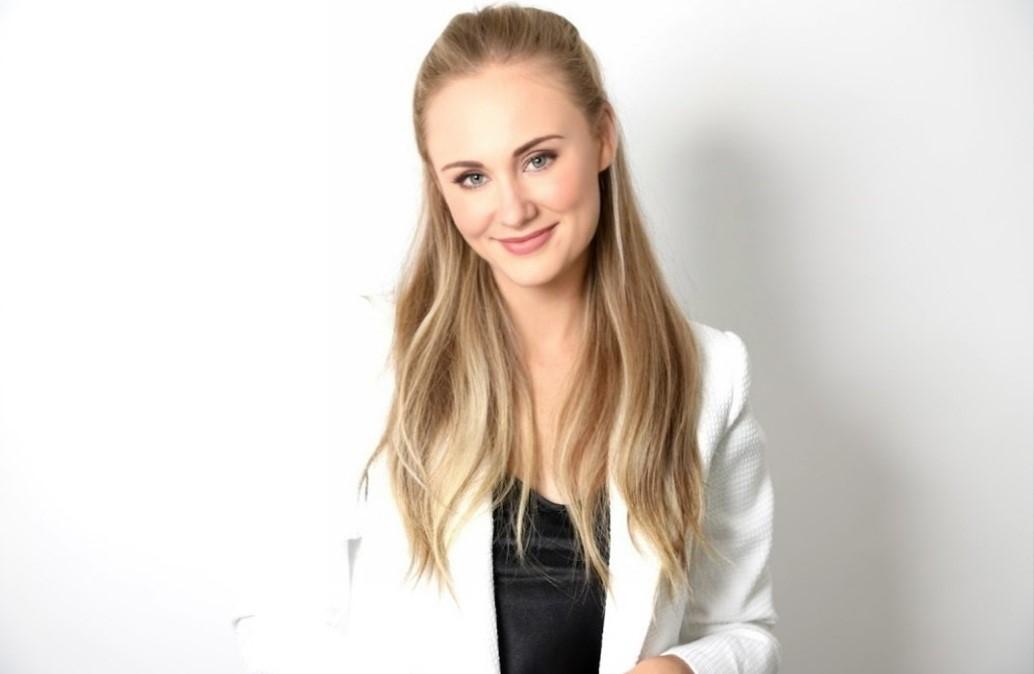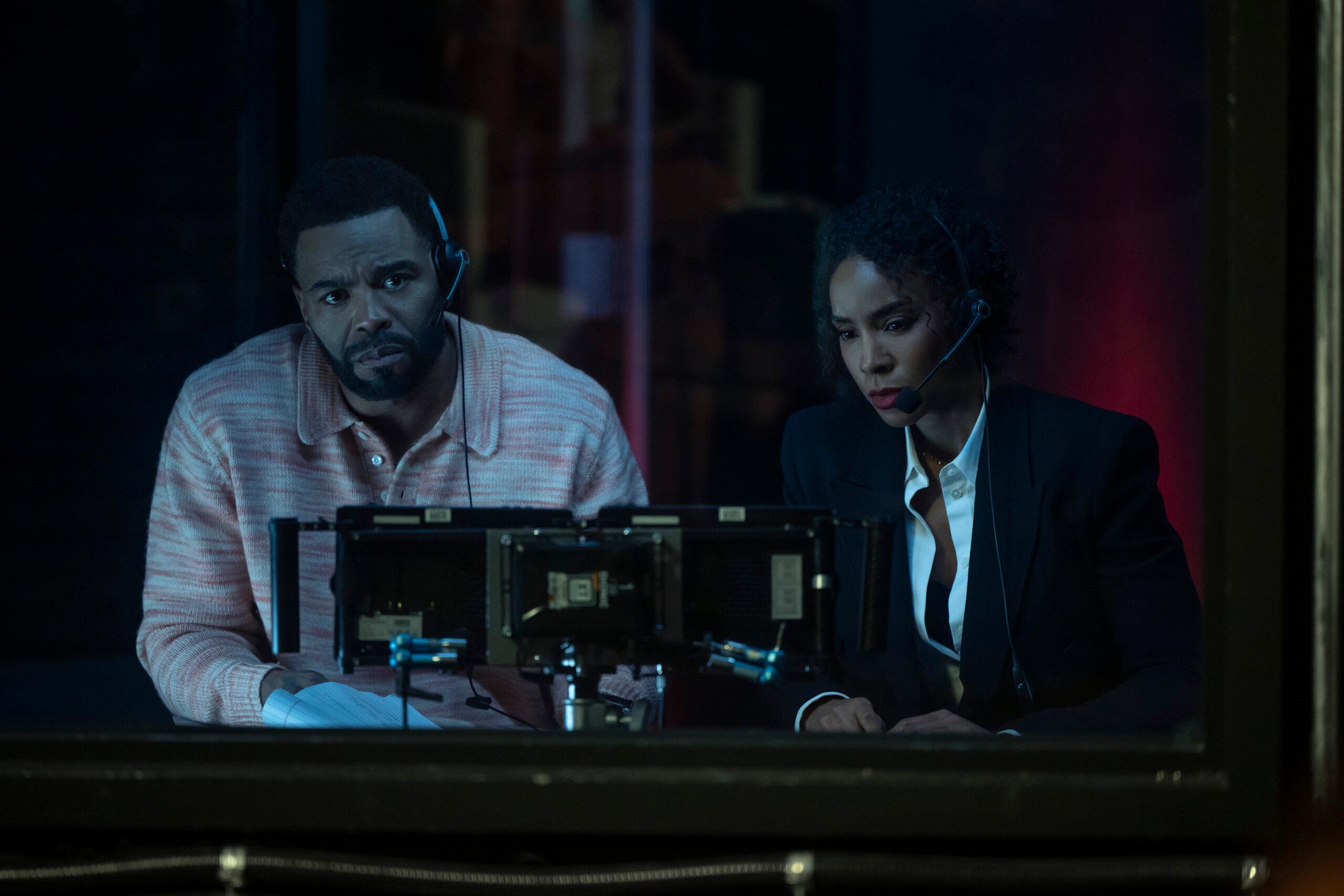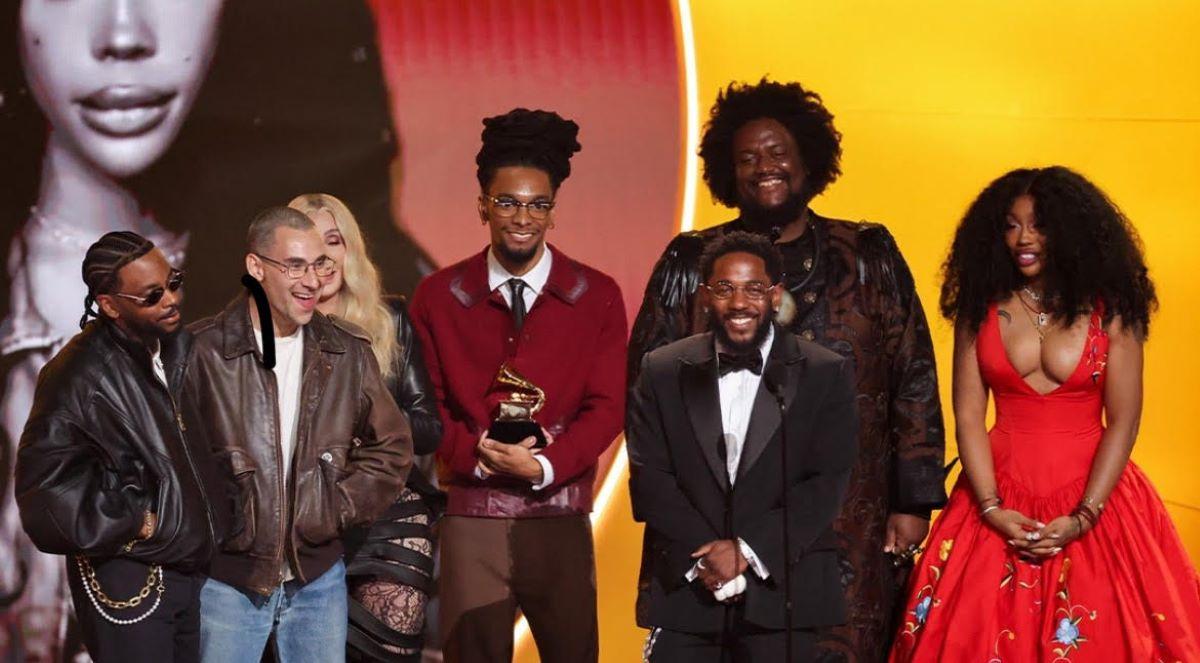8 Women Entrepreneurs Thriving In Telehealth And Health Tech
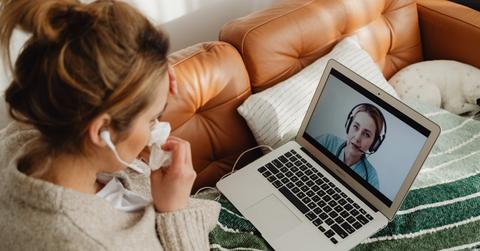
When it comes to health care, many women are responsible for the innovative technologies and platforms transforming the field. If you have ever thought about potentially making your own contribution to the sector or the world, here are a few inspirations to look up to.
1. Kate Ryder
Kate Ryder is the CEO and founder of Maven, the largest virtual clinic for women and families across America. The clinic offers various programs, such as fertility and family building, maternity and newborn care, and more. Ryder was part of Fortune’s “40 Under 40” and Fast Company’s “Most Creative People in Business in Science and Health.”
About 63% of women worldwide give birth without maternity protection and financial assistance, and companies like Maven provide essential reproductive health benefits and support when building a family.
2. Jennifer Schneider
Jennifer Schneider is the CEO behind Homeward, which uses technology to improve the health care experience in harder-to-reach locations. About one in five Americans lives in rural areas, and this population is much more prone to aging and illness.
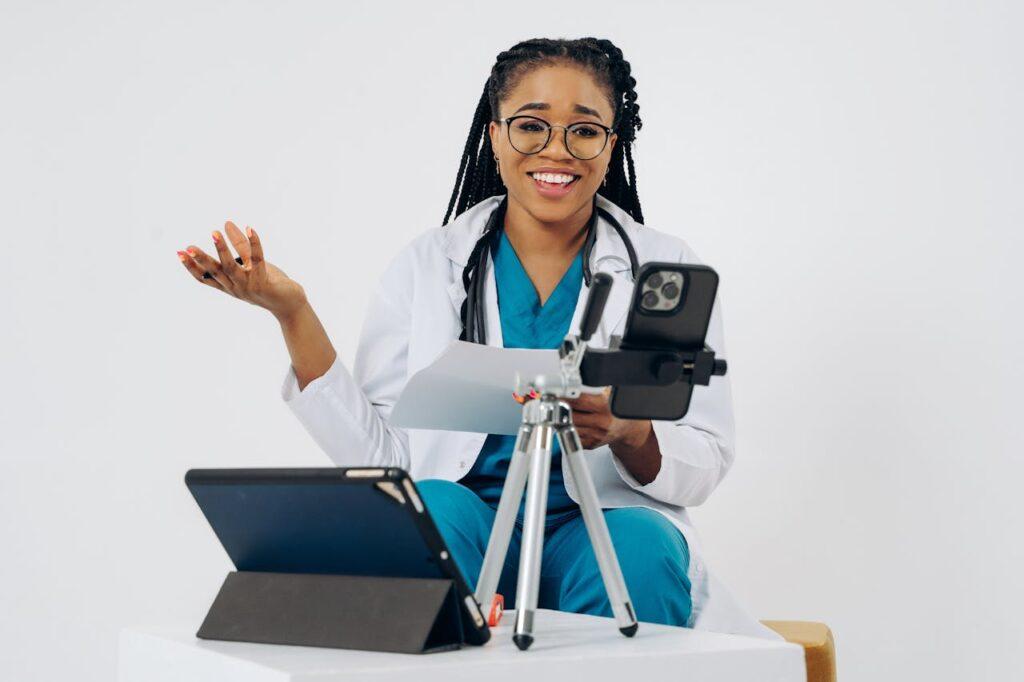
SOURCE: PEXELS
Schneider’s mission stems from her personal experience of inconvenience. Homeward utilizes virtual and in-person care to improve health care access. The addition of remote monitoring services and scheduling puts patients first.
3. Dr. Kristina Bedynerman
Medical director of psychiatry Dr. Kristina Bedynerman is a driving force behind TeleSpecialists. In addition to providing telemedicine, the company also offers tele-psychiatry. Around 20% of American adults have a mental illness, ranging from anxiety to depression and more.
Mental health problems make it challenging for some individuals to seek out help. The availability of online therapy services is an excellent way for people to get the care they need from the comfort of their homes.
4. Julia Hu
Julia Hu is the mastermind behind Lark Health, which got her a spot in Forbes’ “Top 10 Women in Tech to Watch.” The digital health company has created an AI-backed platform that assists with chronic disease prevention and management.
AI’s application in health care has always been met with anticipation, but with its personalization and precision, AI makes health equity more realistic. About 58% of employees also believe AI will help with job satisfaction by reducing burnout.
5. Daphne Koller
Daphne Koller is a computer scientist who you may know as one of the founders of Coursera. However, she has many other underrated contributions under her belt, including insitro, a machine learning-driven drug discovery company.
Creating medicine is a long process. Koller’s vision is to fast-track and elevate pharmacy companies’ developmental strategies, according to the website. Better drug discovery also leads to fewer expenses and less waste in the long run.
6. Dr. Geeta Nayyar
Dr. Geeta Nayyar is a renowned chief medical officer and technologist from RadiantGraph. This platform uses machine learning and artificial intelligence to optimize consumer connections for health plans.
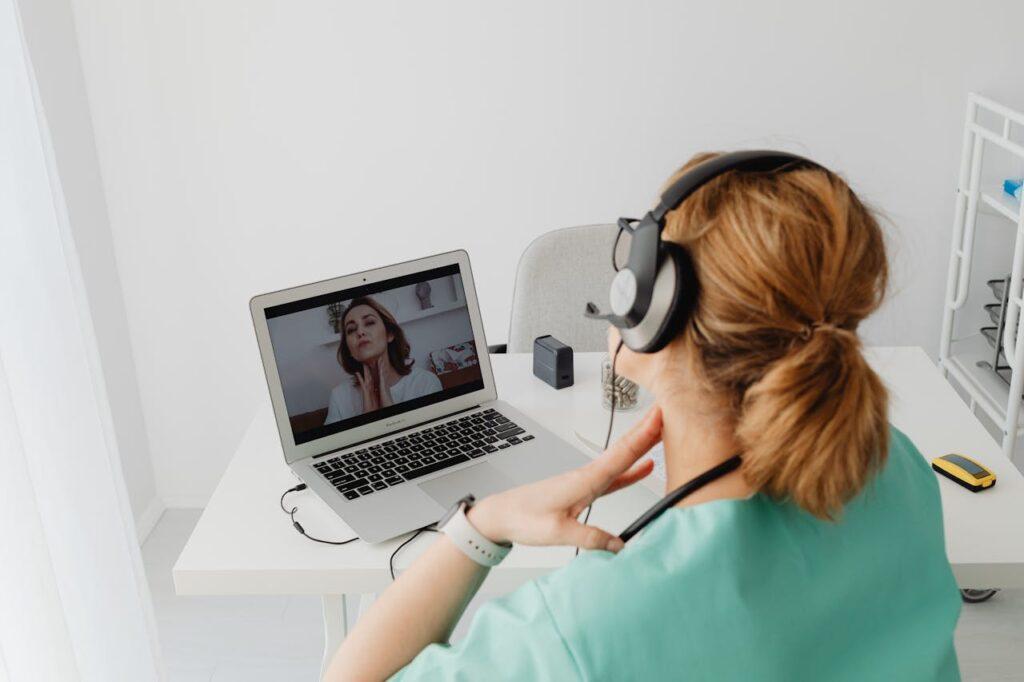
SOURCE: PEXELS
Nayyar is also the author of the bestselling book, “Dead Wrong: Diagnosing and Treating Misinformation Illness.” Health misinformation can create mistrust toward science and professionals within the field. Relaying the quick advances in health tech is the first step toward resolving these issues.
7. Sheana Yu
Many people deal with poor posture. It is one of the biggest causes of back problems in workers and people with a sedentary lifestyle. Seating and stance are also the plight of individuals with disabilities. Sheana Yu created Aergo Health, which went on to develop Aerseat.
Aerseat is an app-controlled wheelchair cushion and backrest. It utilizes dynamic air cell technology, which inflates and deflates alternately for pressure relief. This postural management technology helps newer and younger wheelchair users maintain comfort.
8. Hadeel Ayoub
Wearable devices such as smartwatches and web-enabled glasses have revolutionized health care. The global wearable tech market size reached around $61.30 billion in 2022. Innovator Hadeel Ayoub recognized there’s still room for improvement and created the BrightSign glove.
BrightSign devices are assistive technology that facilitates sign language communication. Essentially, anyone with hearing or speech disabilities can communicate in real time by signing. The software will translate the actions into the language of choice.
Get Inspired To Help
It is amazing how many women entrepreneurs are present in the tele-health and health tech sector. Plus, they are making a mark in how people experience health care. If you want to join the field or desire to help others in your respective industry, take inspiration from these leaders and start forging your path.

